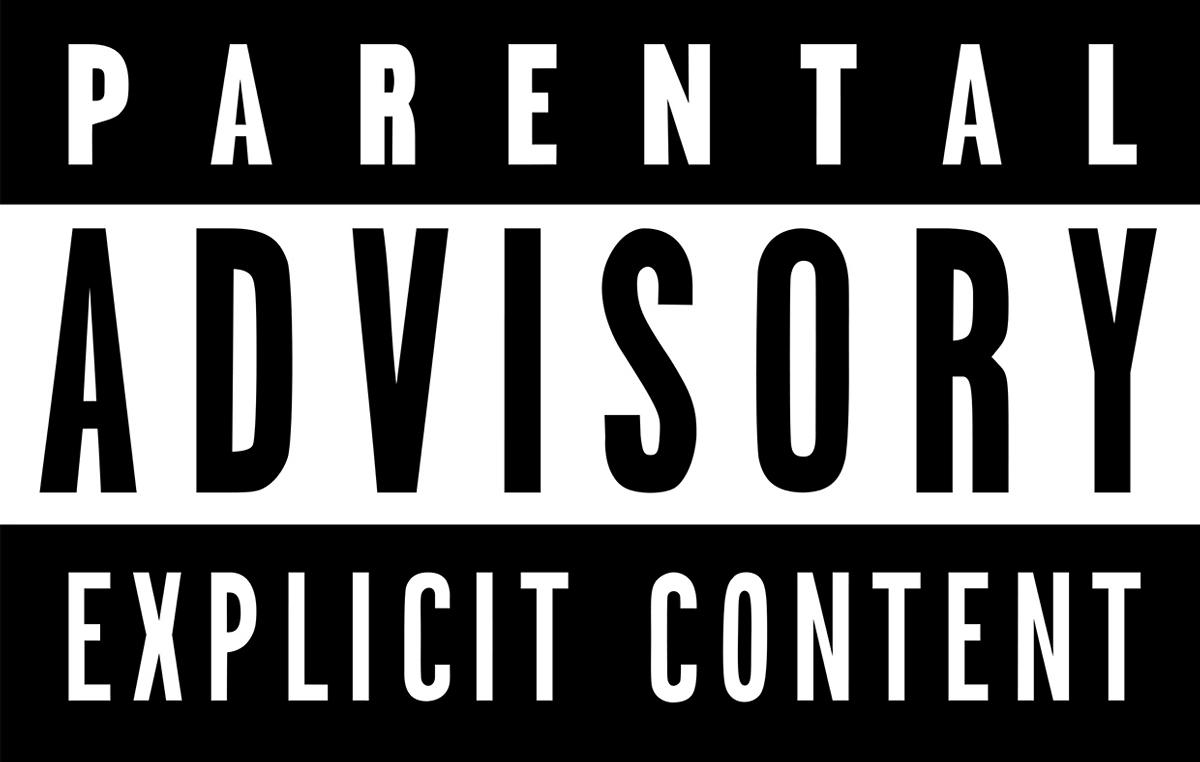
As I drove home last week I turned the radio to one of those not-so-Biola approved stations. As I listened to an involved and unnecessarily detailed tale of a summer fling that did not end up working out I began to notice that a word in the chorus had been censored out. So naturally, I listened closer and tried to figure out the taboo word.
In the meantime, I learned more about types and sounds and smells related to a summer hook-up than I ever cared to know. So it got me thinking. Censorship, as I understand it, serves to protect children from exposure to explicit or obscene material. But the radio station censored a word. They left all the sex.
For censorship to be useful at all, it must effectively block certain types of information from reaching certain audiences. The Federal Communications Commission, the organization charged with regulating what is broadcast over the radio, has a three-fold way of determining when something should be considered obscene and then censored. Quickly put, if content would be deemed overly sexual by a reasonable member of society applying contemporary sensibilities or describes sexual activity and lacks any political, literary, scientific or artistic value, then the content is categorized as obscene and does not air on the radio.
But, these guidelines seem frustratingly ambiguous. The song I listened to was well made — the lyrics were interesting, the musicality was pleasant — and so it had a kind of artistic value. So even though the song was about sex and talked about it in obvious analogies, it seemed to pass the obscenity test.
Although the music may not be obscene, it can still be harmful. Misinformation remains the primary threat music poses to its listeners. Even though music is seen and presented as a form of art, it also serves as a form of argumentation. Here, taking out a singular word or an offensive phrase does not radically change the overall effect or argument of a song.
A song about sex may not explicitly make a statement about the morality of a given sexual behavior but it presents information all the same. Elements of the song, its beat, lyrics and particular composition all combine together to present a certain viewpoint of the song’s subject matter. Censorship, which stops at taking out words, misses the entire point.
As a culture, we neglect the content of the music played over the radio favoring its musicality instead. But the content of the music, along with the presentation, makes up the message of the song. It is not just the words the song used, but the whole meaning that must be considered. In this way, it becomes far less important that children never hear the f-word and far more important that they are not exposed to incomplete or incorrect views of sex or drugs before they can critically engage with them.







